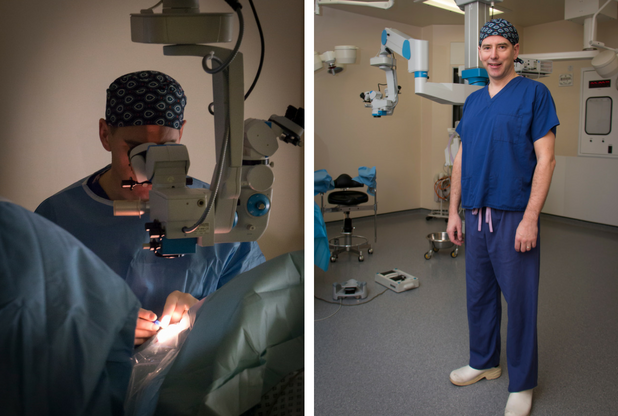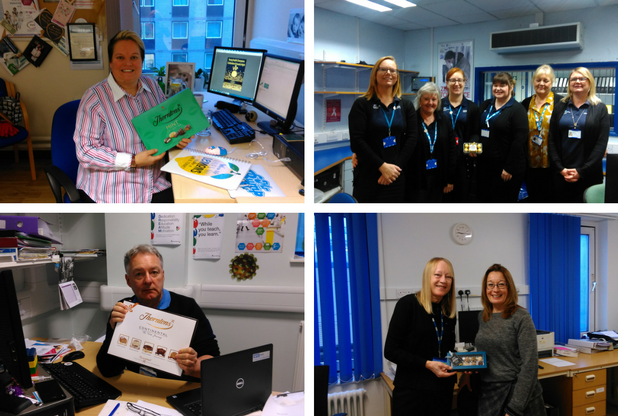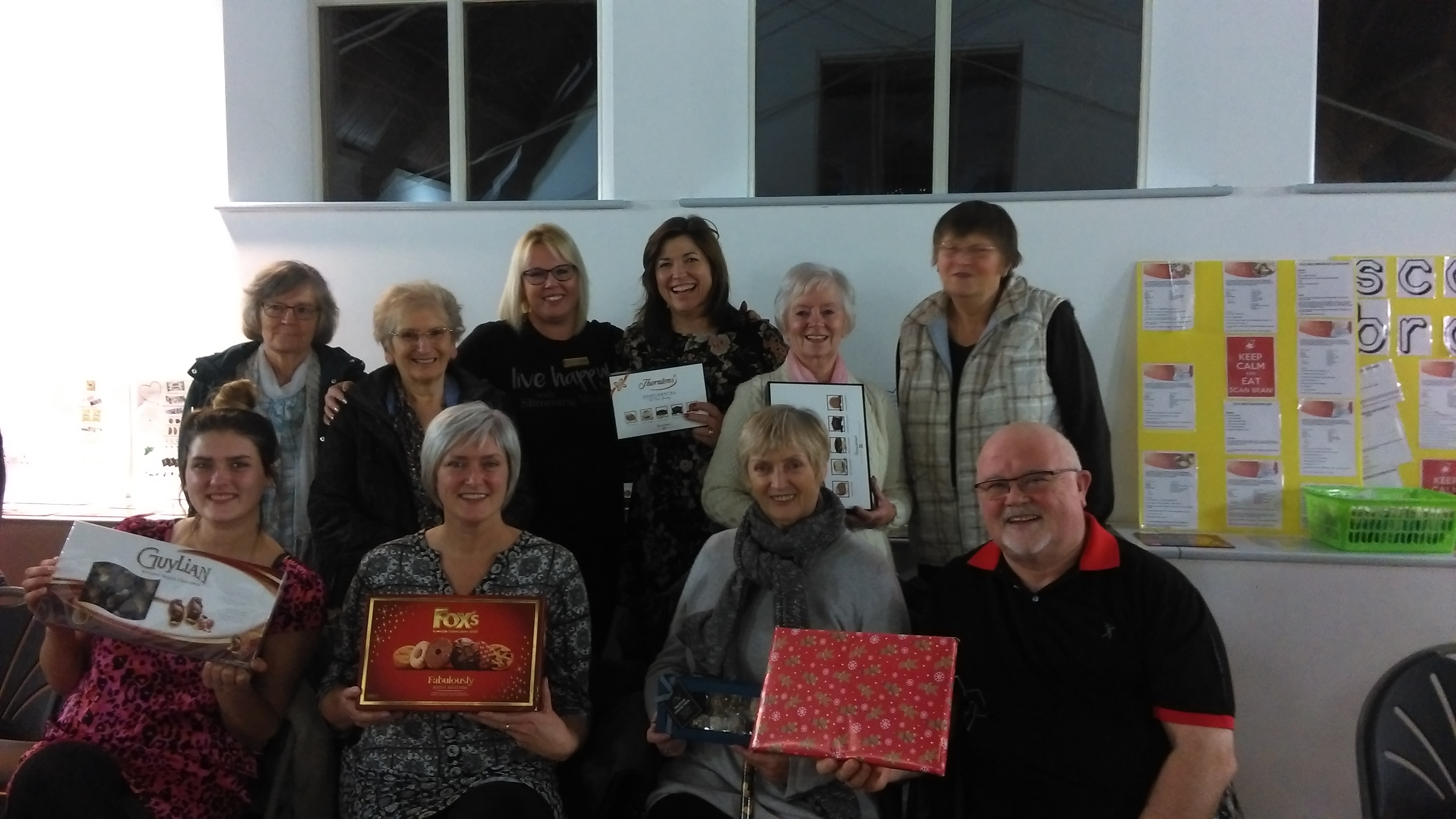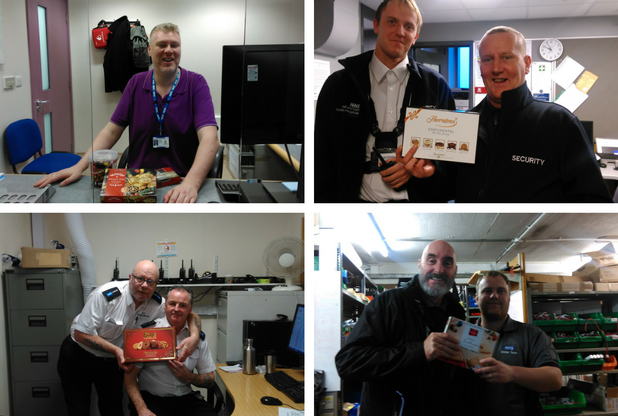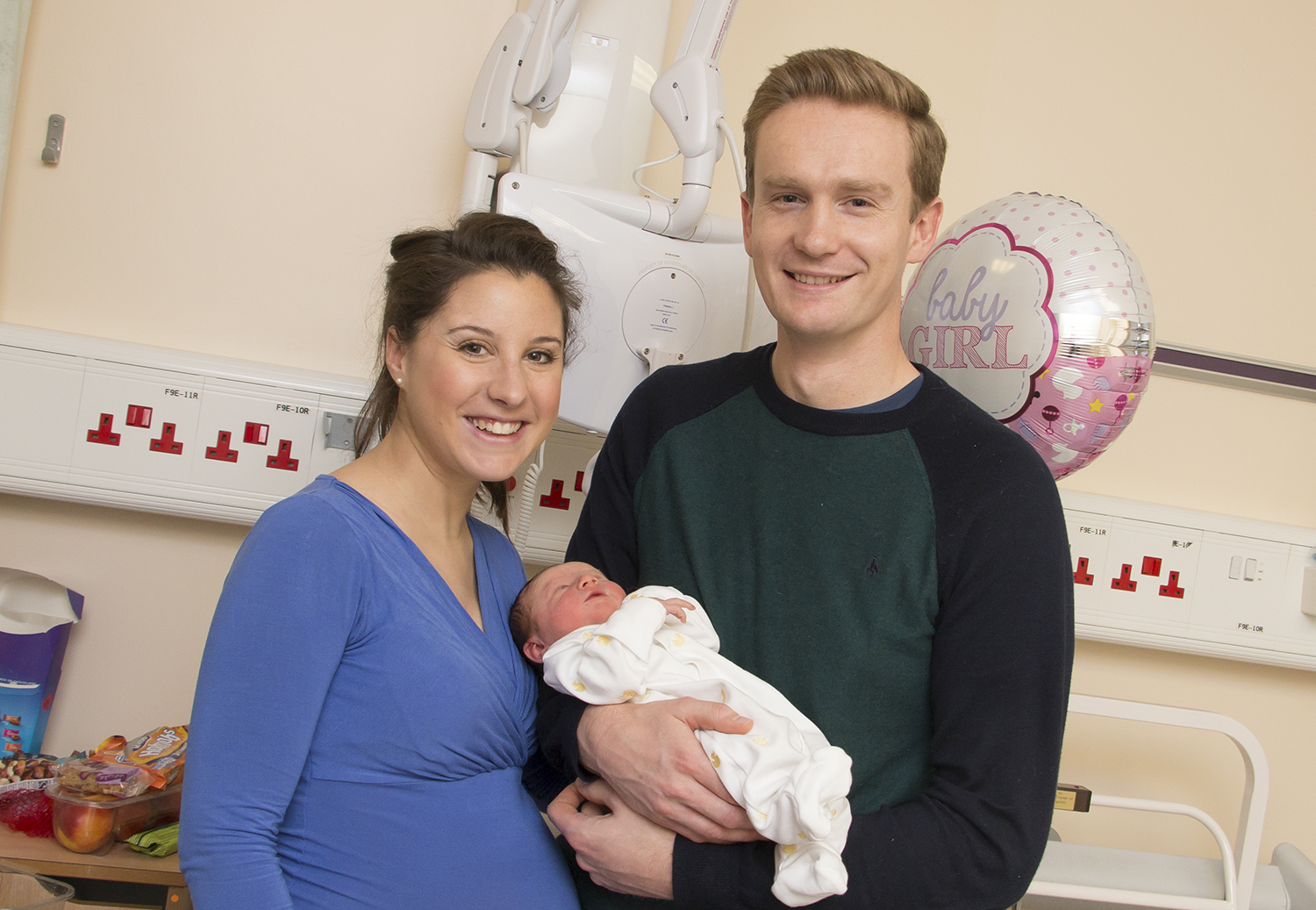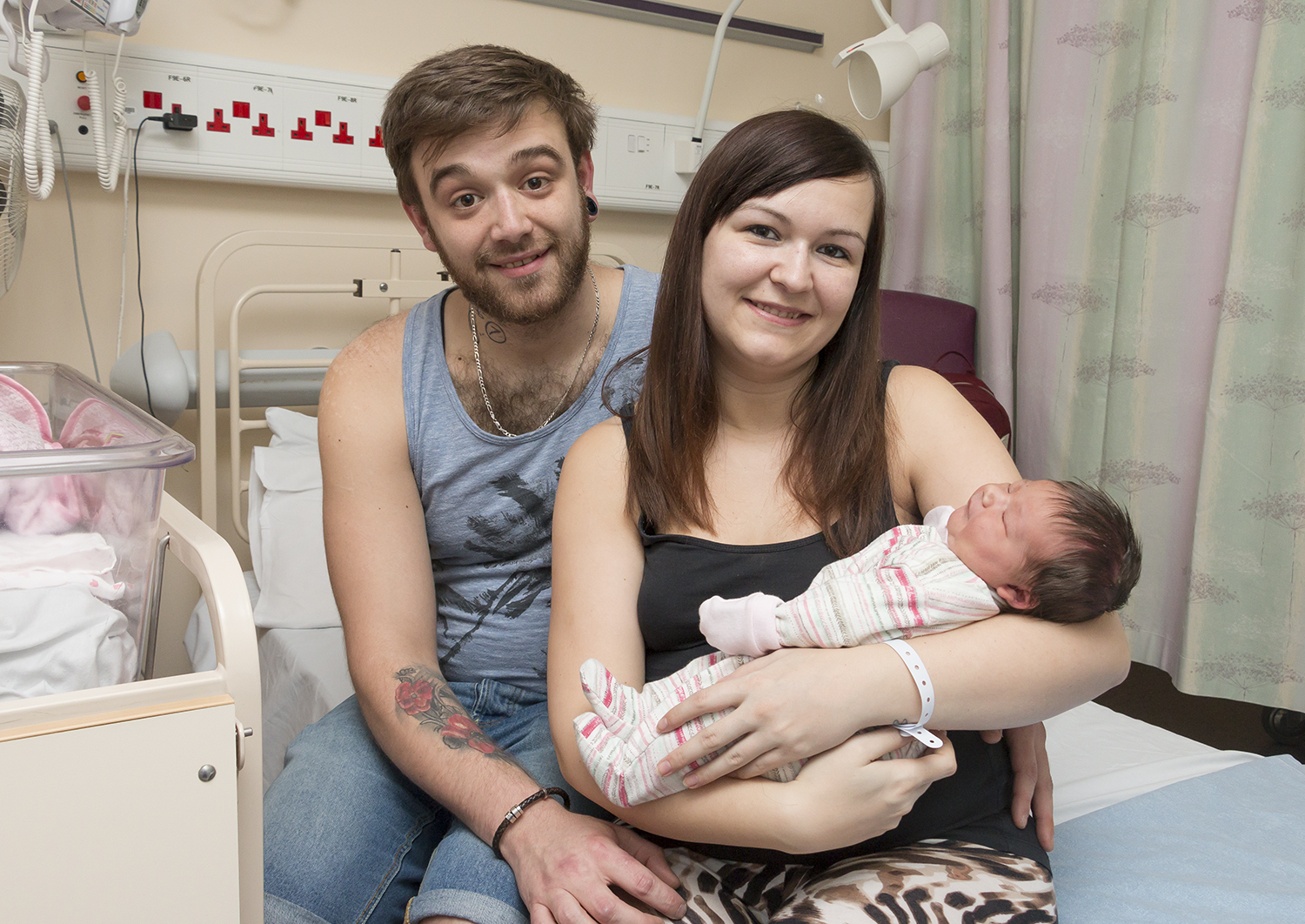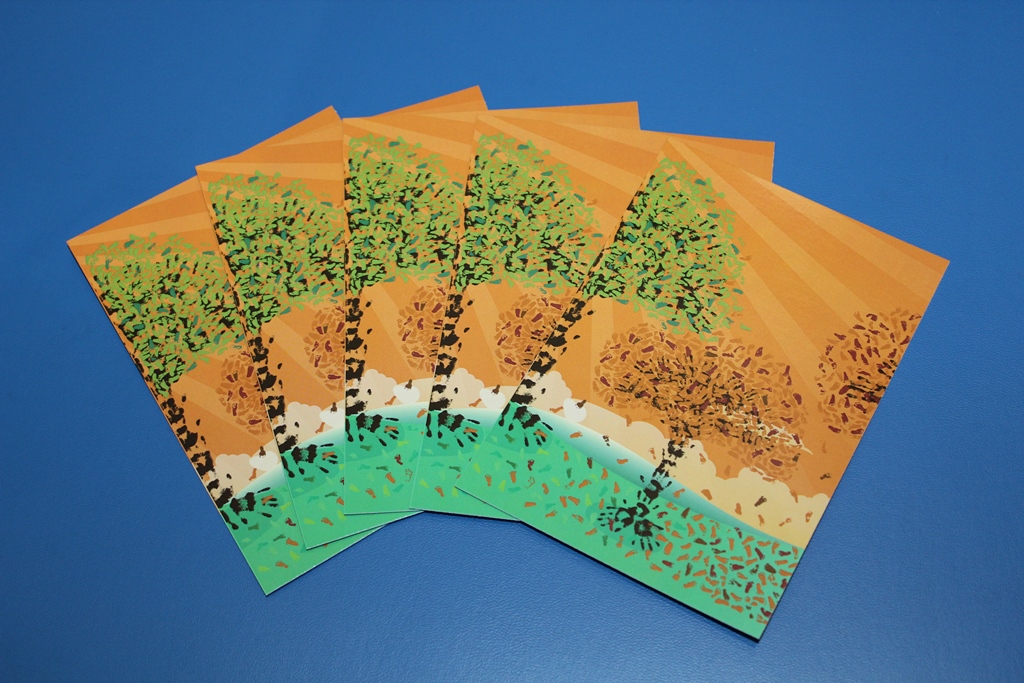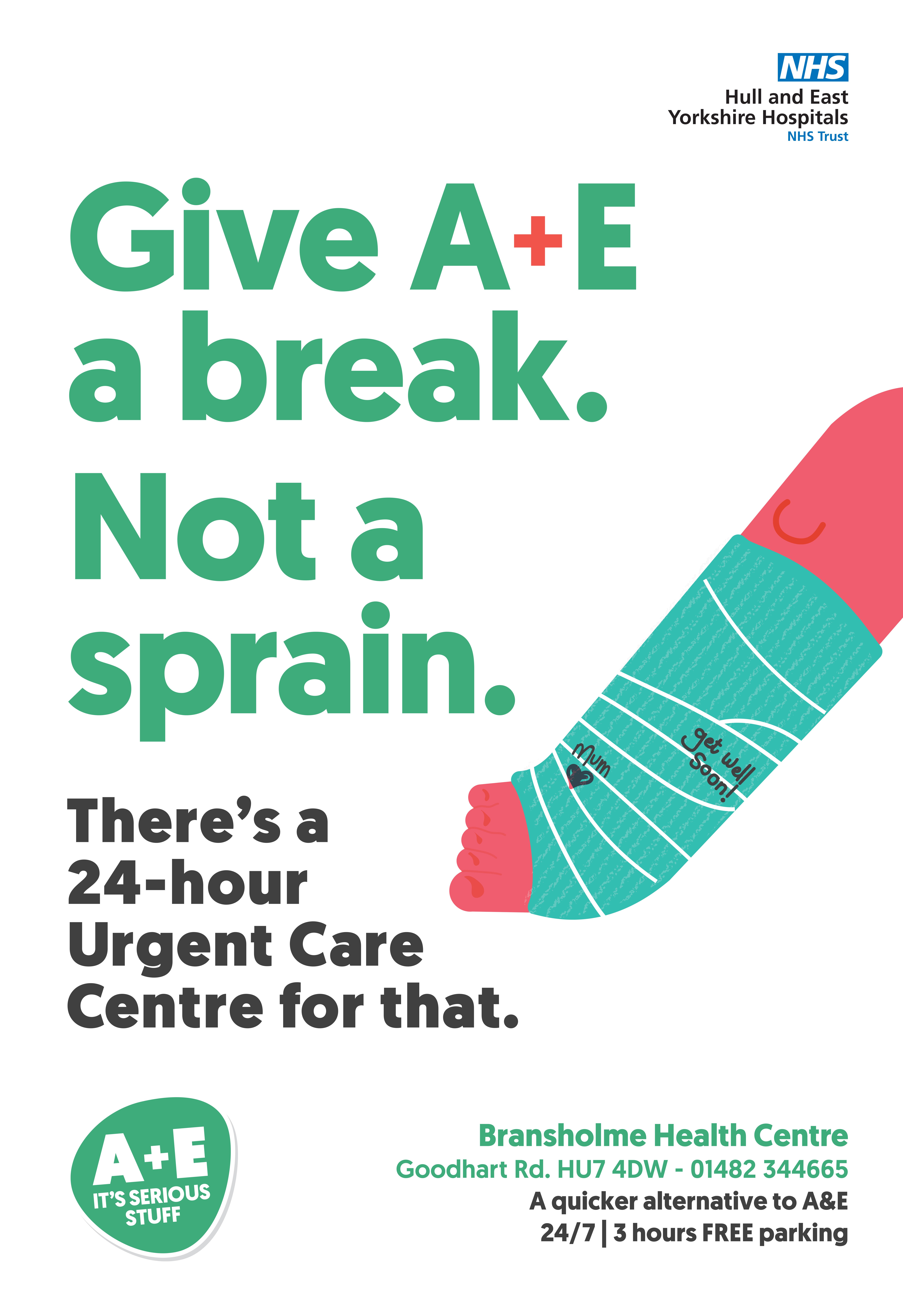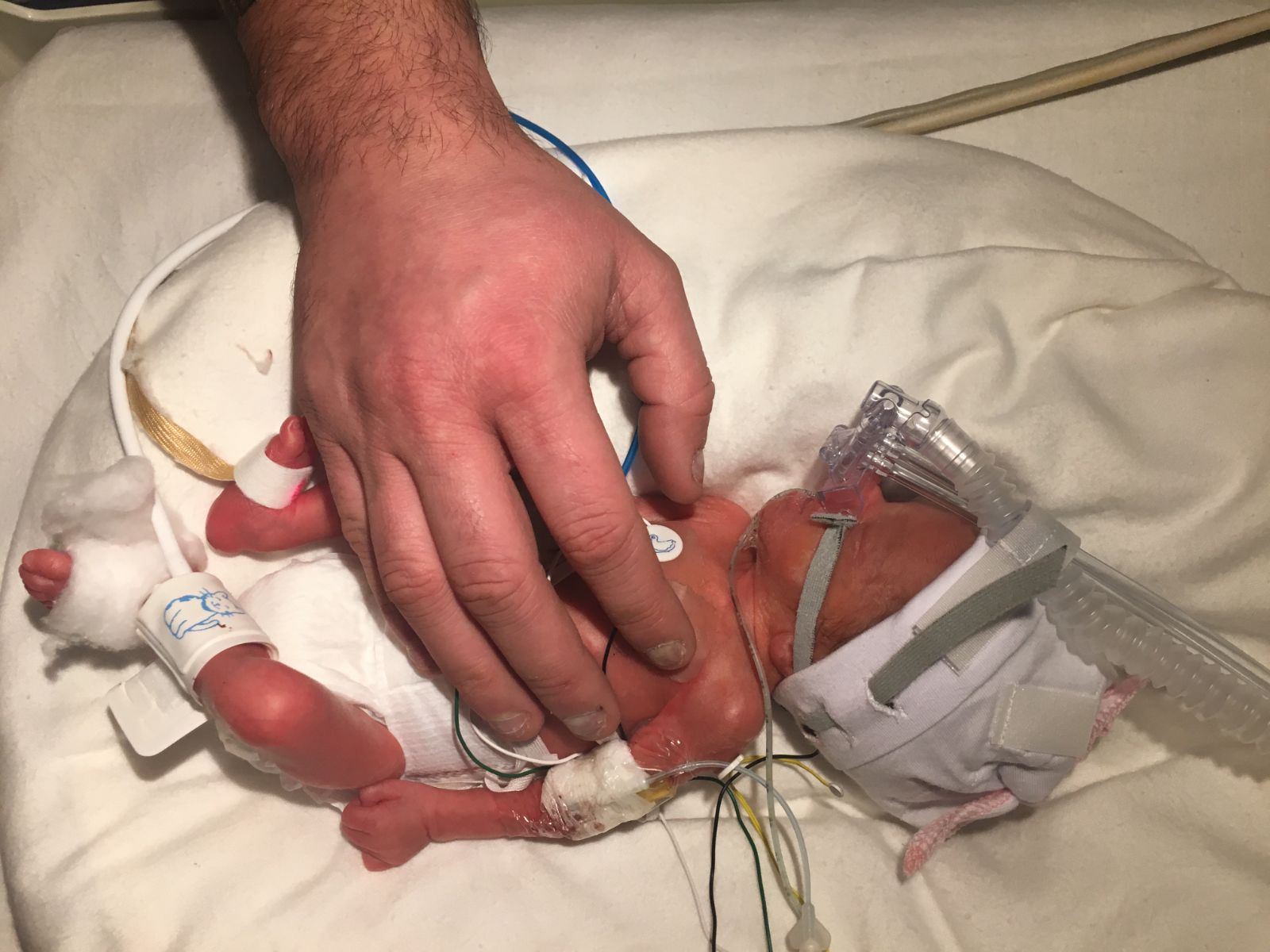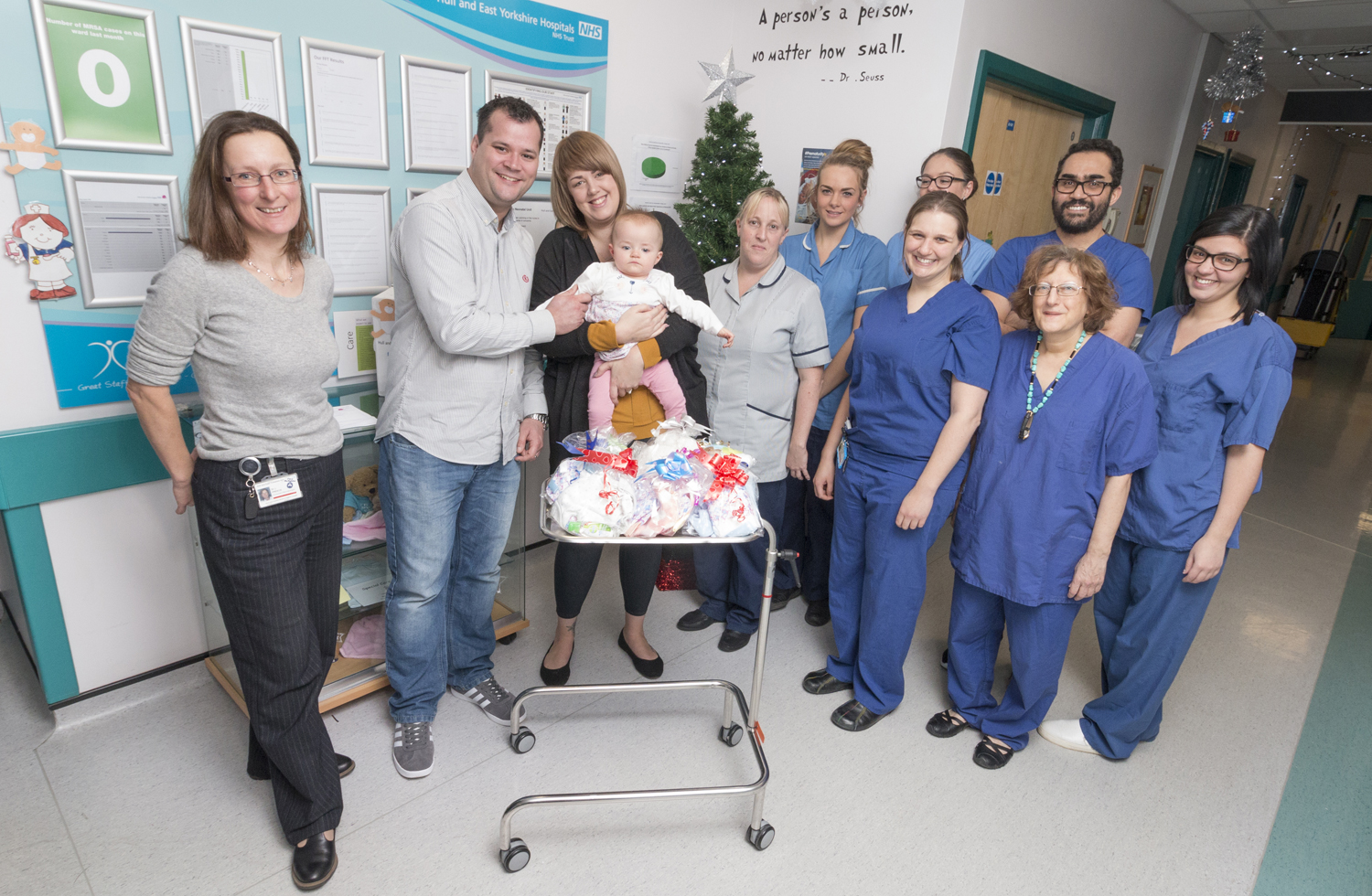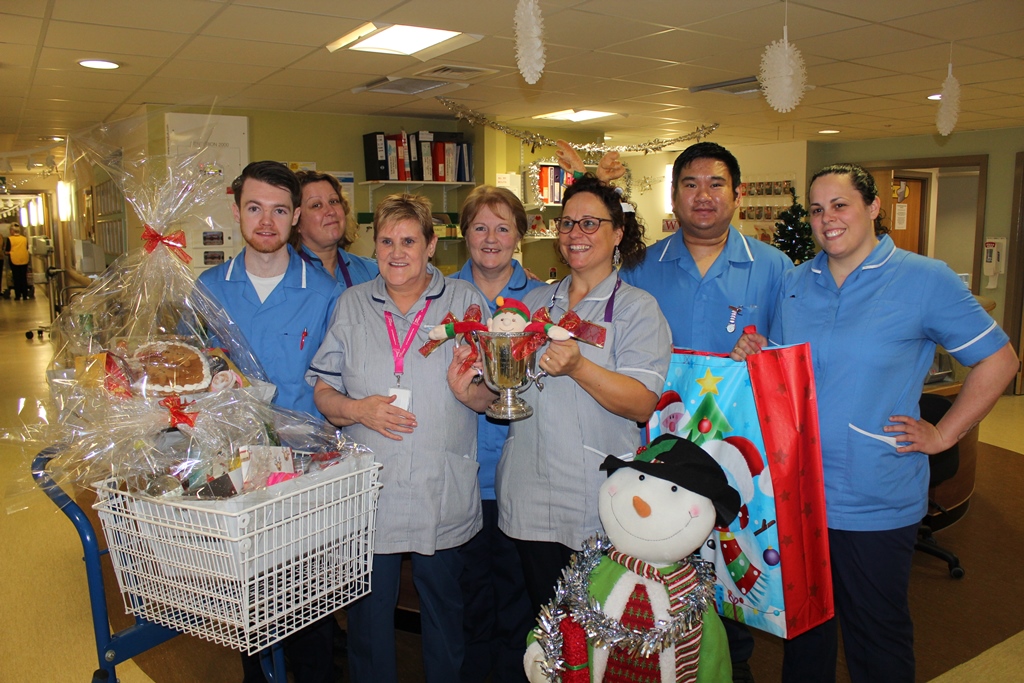Two wards at Hull Royal Infirmary have been re-opened after staff managed to control an outbreak of Norovirus.
Hull University Teaching Hospitals NHS Trust, the organisation running Hull Royal and Castle Hill Hospital in Cottingham, has re-opened wards 80 and 90 in the tower block, closed for almost two weeks by the outbreak.
Greta Johnson, lead infection prevention and control nurse at the trust, said Norovirus, normally brought into hospital by visitors or patients with the condition, had been eliminated for the first time since the start of the new year.
She said: “Norovirus is an airborne virus which spreads very quickly in closed environments and among people with weakened immune systems. That is why it happens so regularly in hospitals over the winter months.
“Our staff have worked very hard to control the outbreak. Both affected wards have been deep cleaned and can now be re-opened.
“But we would urge people to stay away from hospital and not visit patients if they have sickness and diarrhoea.
“While unpleasant for most, these bugs can have serious implications for patients so we hope people will use common sense and stay away from hospital when they are vomiting or have diarrhoea.”
Good hand hygiene, such as the public washing their hands after using the toilet, is essential to prevent Norovirus spreading and hospital wards can only reopen when they have had no fresh cases and patients have been symptom-free for 48 hours.
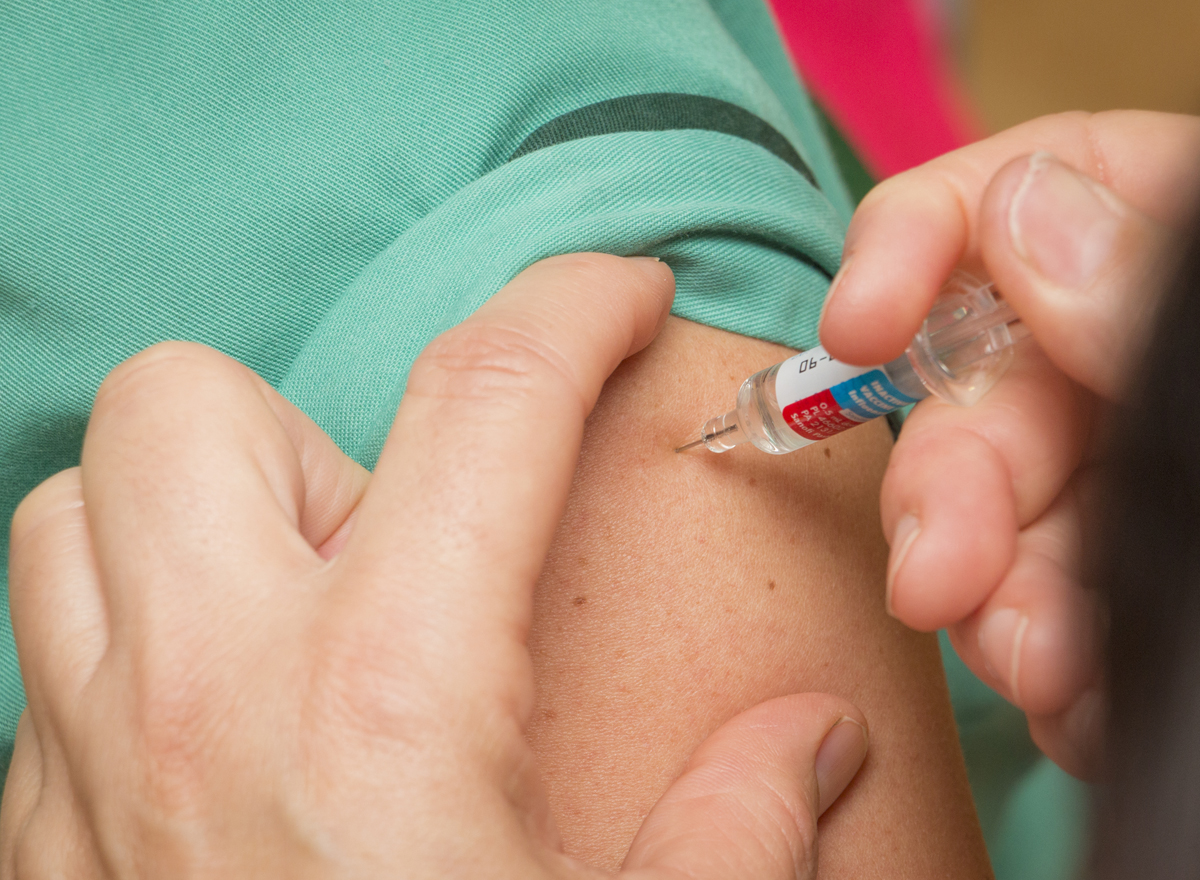
There’s still time to get the flu vaccine
As well as being vigilant for signs of Norovirus, the trust’s infection prevention and control team is also monitoring flu admissions on a daily basis.
There have been 11 admissions of patients with confirmed cases of flu this week, slightly higher than the normal admission rate for the time of year. However, it does not represent a dramatic spike in flu cases at this stage.
Greta Johnson said: “The symptoms associated with flu include a high temperature, aches and pains, extreme fatigue, a blocked or runny nose and a sore throat. People with flu often have a persistent cough.
“Again, we would hope that anyone with these symptoms would stay away from hospital and not visit friends or family members to protect already sick and weak patients and reduce the potential of any infection spreading.
“People can play their part by having the flu vaccine. It’s not too late to protect yourself and your loved ones from catching a virus which can have serious or even life-threatening health implications.”


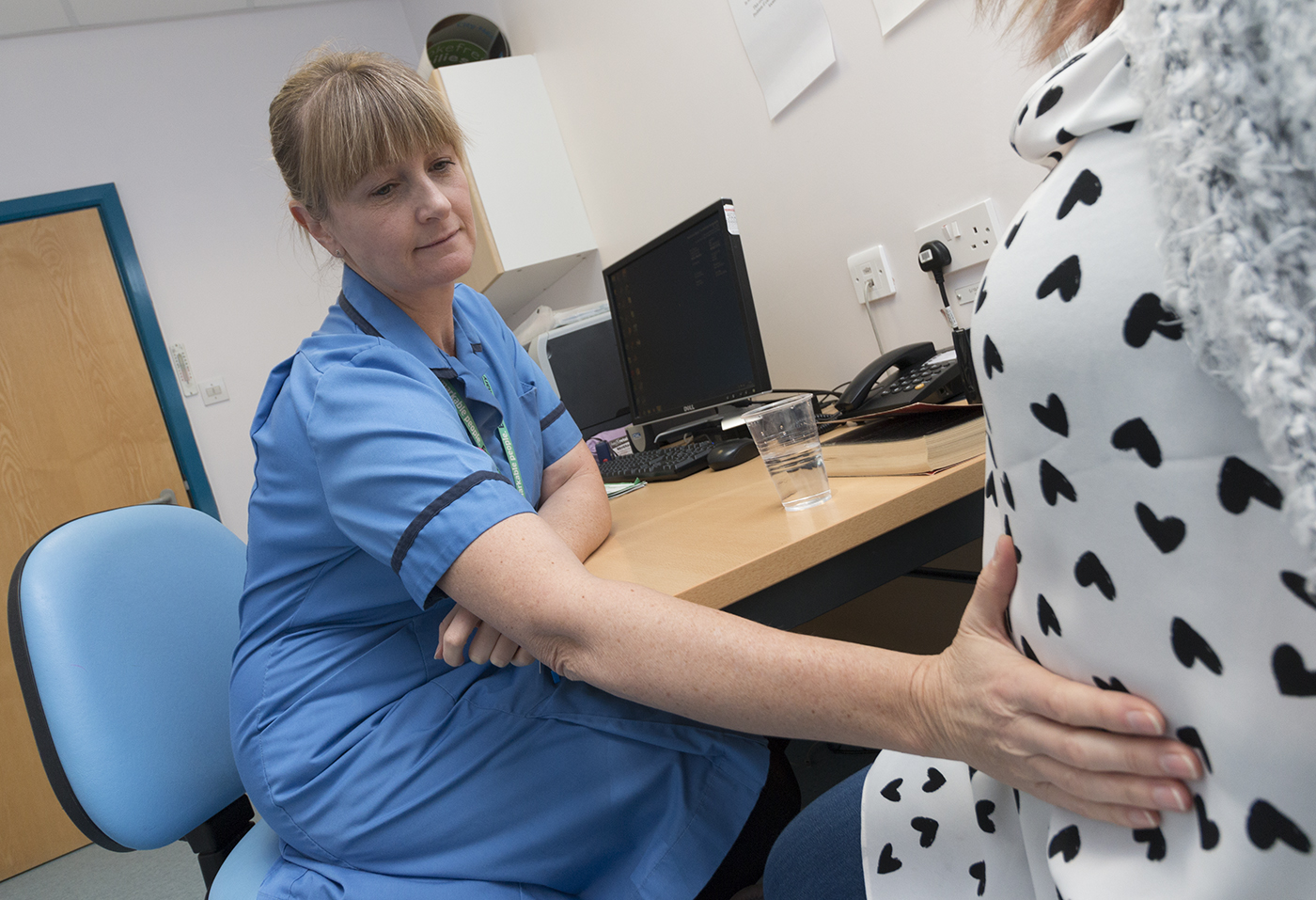

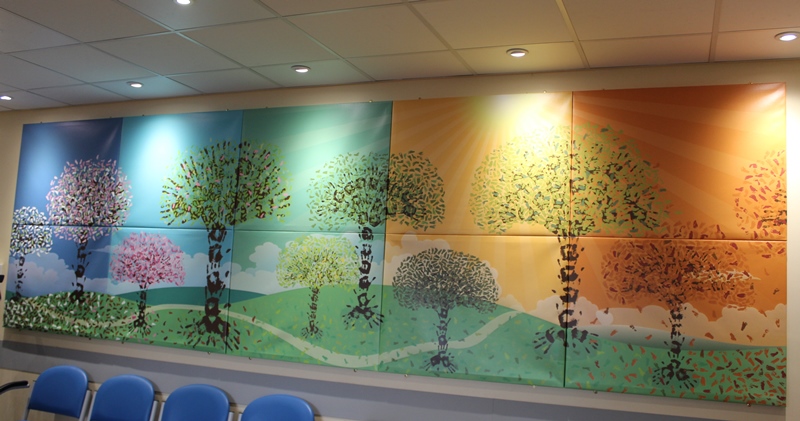
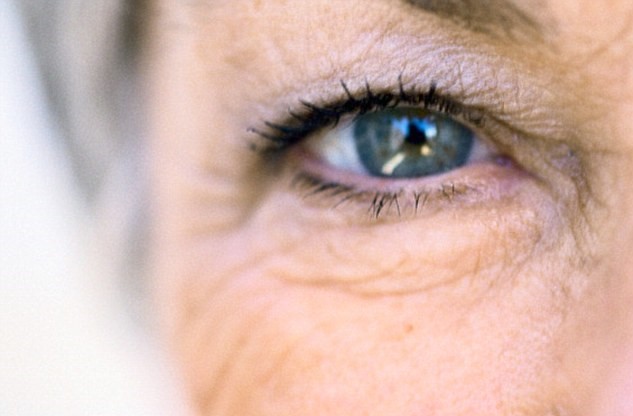
 Cataracts form when the lens inside the eye becomes cloudy. Symptoms can include blurred vision, inability to see colours properly, halos around light and problems with night vision.
Cataracts form when the lens inside the eye becomes cloudy. Symptoms can include blurred vision, inability to see colours properly, halos around light and problems with night vision.